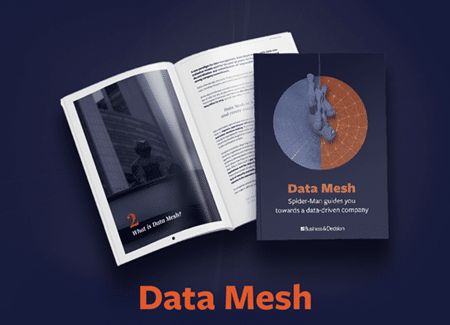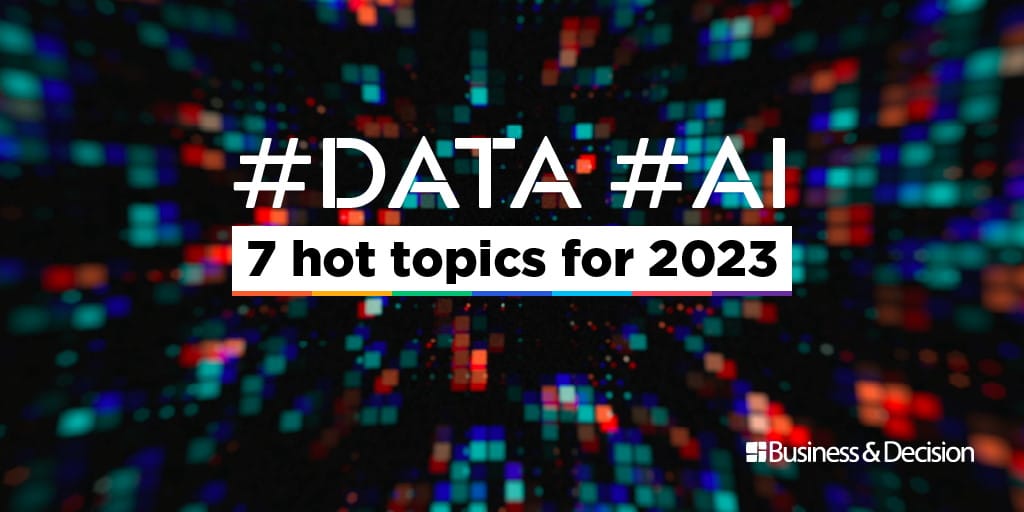The digital transformation refers to the way an enterprise responds to the new opportunities arising from digital technologies to provide appropriate and innovative services to its customers and staff.

This digital transformation is no longer optional: it is a transition that all businesses must make. They must identify the changes necessary to their own business model in order to achieve these objectives. Organisations respond in different ways; some are making rapid progress, while others are still reluctant to tackle the challenge of digital transformation. Why? From fear of change.
One of the key factors in addressing these issues challenges is investment in internal resources. The fundamental role of HR departments is therefore more essential than ever. A number of challenges appear: involving the staff, supporting them under somewhat stressful circumstances, attracting talents, finding that rare pearl, defining the new management rules – for example, establishing channels of communication that are horizontal rather than hierarchical.
To do all this, the HR department must work together closely with the other departments. It must incorporate and support an increasingly strong marketing dimension, based on values of the enterprise, in order to put the employer on the map.
Unquestionably, the HR department holds the key to a successful digital transformation. However, the truth is that Human Resources is not necessarily the department to get involved at the earliest stage…
How can you find out how far you have come? We can assess your progress and your “HR digital quotient” through a quick analysis of the state of your business in three areas:
- Corporate culture,
- Employer brand and talents,
- IT/Technologies and innovation
1. Digital transformation and corporate culture
For a successful digital transformation, the senior management priority is to establish a transformation plan setting the targets of the project and identifying the measurement indicators to be introduced. These targets must be adapted to the corporate culture; they must be in its DNA. That calls for a rapid analysis of the teams’ maturity in terms of what is at stake in the change, taking account of the level of users, their digital skills and the existing technologies.
The task is to support collective debate in order to arrive at an action plan. The plan should also take account of the corporate culture and the environment in which the project will take shape.
The questions for an HR department
Objective: to determine, from an HR standpoint, whether your corporate culture allows for digital transformation (in which case your enterprise can be regarded as “digital-friendly”) and whether your communications are such as to accelerate the process.
- Does senior management initiate or promote digital transformation?
- Is there a digital roadmap that all staff are familiar with?
- Do the IT department and marketing take a collaborative approach?
- Does your business have a Data and Analytics culture, especially in respect of internal processes?
- Has a Chief Digital Officer been appointed or recruited? Were you involved?
- Did you give the impetus to internal interactive events such as Ideathon/Hackathon?
First and foremost, digital transformation is about change management
First and foremost, digital transformation is therefore about change management. It reflects the strategic objectives of the enterprise, and can be piloted by a Chief Digital Officer, or a Director of Digital Transformation. In the 20% of businesses that have already created such a post, it is interesting to observe the importance given to to digital transformation by its position in the hierarchy. Two aspects in particular: its proximity to senior management, and the extent of collaboration with the various components of the business. This isn’t a matter of becoming someone else, but of integrating digital while respecting the history of the business.
In other words, you should not try to copy what other enterprises, that don’t share your history or your culture, have done. Nor should you “just” apply “best practices”. It’s a matter of “becoming what you are”.
As an HR department, you should therefore play your full part and facilitate the communication of initiatives in a way that respects your corporate values.
2. Digital transformation, employer brand and talents
For HR departments, it has become essential to enhance your employer brand in order to attract the best talents.
The questions for an HR department
Objective: establishing whether your employer brand enables you to translate the digital culture in human terms by recruiting the profiles you need, whether you speak the intergenerational digital language and are a genuine “brain director”.
- Do you work closely with the marketing department in developing and disseminating your employer brand?
- Have you formalised an HR strategy taking account recruitment and the acceptance of staff?
- Has your employer brand enabled you to attract the talents of the younger generations (millennials, generation X)?
- Have new profiles (Data Engineer, Data Scientist and so on) joined your business?
- Is your employer brand visible on professional social networks such as LinkedIn?
- During year-end assessments, do you reward risk-taking in the field of innovation as much as sticking to budgets?
In order to build an attractive employer brand, you need to leave the traditional practices behind by developing a genuine HR communication strategy. With two main aims: targeting attractive recruitment and reducing churn. Because it’s one thing to recruit the best talents and quite another to keep them.
By caring for its employer brand, a business can lure potential applicants, giving them a desire to apply, and empower its employees, who represent a valuable asset. So a new approach is needed, one that treats applicants like customers and makes its staff its best ambassadors.
A successful digital transformation project also needs:
- a strongly horizontal approach, with increased communication and collaboration between departments,
- a clear commitment by all staff to jointly reconsider their working methods,
- and support for users during the transition and the introduction of the new ways of working together.
Persuasion, education and flexibility
This new state of minds calls for persuasion and education from management, and flexibility from everyone. These challenges are greatly increased by the collaboration of different generations, who have very different experiences of digital practices. Businesses that grasp the fact that, more than collaboration between different generations, it’s the collaboration of different cultures which lies at the heart of success, are already most of the way there!
Cultural differences? In terms of work, self-image, digital habits, did you know that (source: The New Adulthood – JWT):
- 64% of New Adults in the United States see themselves as digital natives
- 59% of New Adults in [?] and 40% in the United Kingdom aspire to become entrepreneurs
- Unlike Generation X and Baby Boomers, millennials and members of the iGen bring distraction into the professional sphere:

- And, strikingly, 75 % of these new adults think that the stereotypes about their generation do not represent them.
So a certain amount of made-to-measure is needed for successful intergenerational and cultural collaboration within an enterprise.
3. Digital transformation, IT/Technologies and innovation
Digital also offers the chance to put innovation at the heart of HR processes.
The questions for an HR department
Objective: to establish whether the integration (or the failure to integrate) new technologies makes you a potential pinch point for the development of your enterprise, whether you are on the right track or whether you are digitally fluent, or even a digital native yourself.
- Have you incorporated digital technologies in your internal processes and activities?
- Does your business use a horizontal means of communication such as enterprise social networking?
- If so, is it actively used (interactions with and between staff members)?
- Do you have a tool for identifying the standard profiles and different personalities of your staff, their skills and aptitudes?
- Do you have a tool for identifying, anticipating and handling HR problems?
- Are Big Data and Data Science practical ideas that are already used in HR processes?
Digital can be used to centralise and catalyse all the interactions within an enterprise, to develop energies through collaborative work and give everyone the opportunity to become involved, in particular encouraging the recognition of work.
It is therefore a genuine revolution for the enterprise and for the quality of life at work. The processes of recruitment or of monitoring well-being in the enterprise can already use the tools provided by Big Data and Data Science. Their use in the service of the most important asset the company has – human beings – guarantees you a treatment that takes account of everyone’s characteristics. HR, like other departments in an enterprise, must use these new possibilities by “humanising” them so that they are genuinely at the service of all.
Integrating digital: a host of opportunities for HR departments
The transformation brought about by the integration of digital is a source of many opportunities for HR departments that choose to appropriate these new solutions, whether by optimising the organisation of work, customising careers, or increasing collaboration and staff satisfaction.
In order to fulfil their role, HR departments, as the keystone of digital transformation in their enterprise, must work to bring together the desires of each staff member and the possibilities for realising them through new technologies. This is a matter of optimising the productivity of the company as a whole by combining flexible working with the genuine customisation of staff support.
















Your email address is only used by Business & Decision, the controller, to process your request and to send any Business & Decision communication related to your request only. Learn more about managing your data and your rights.